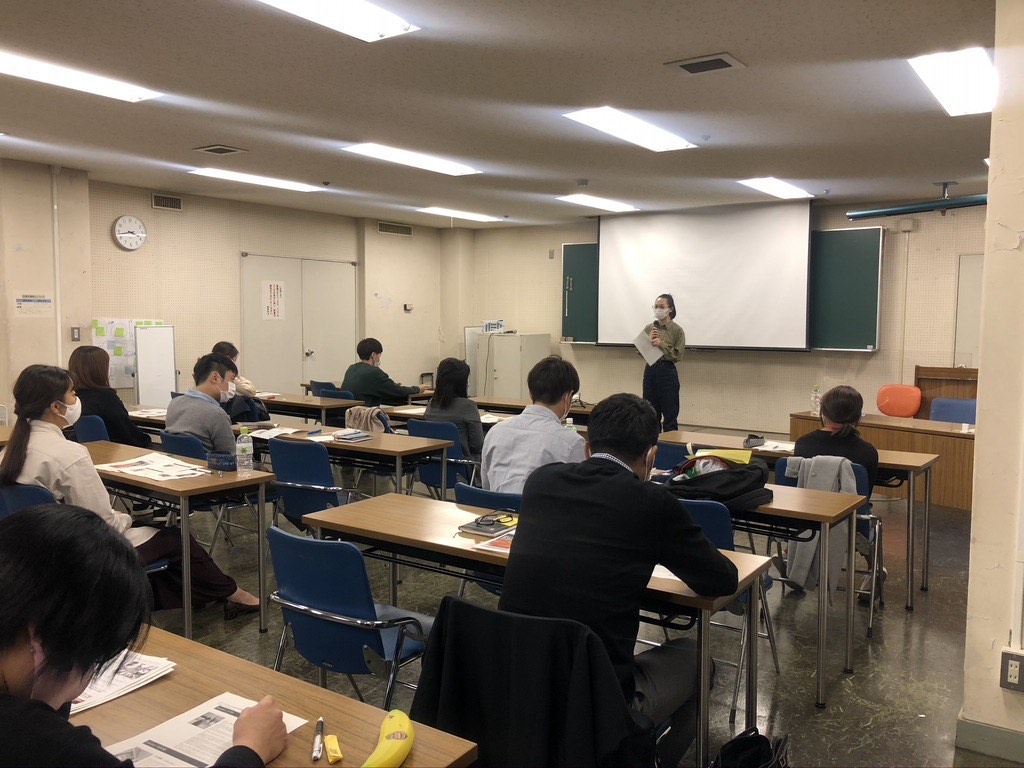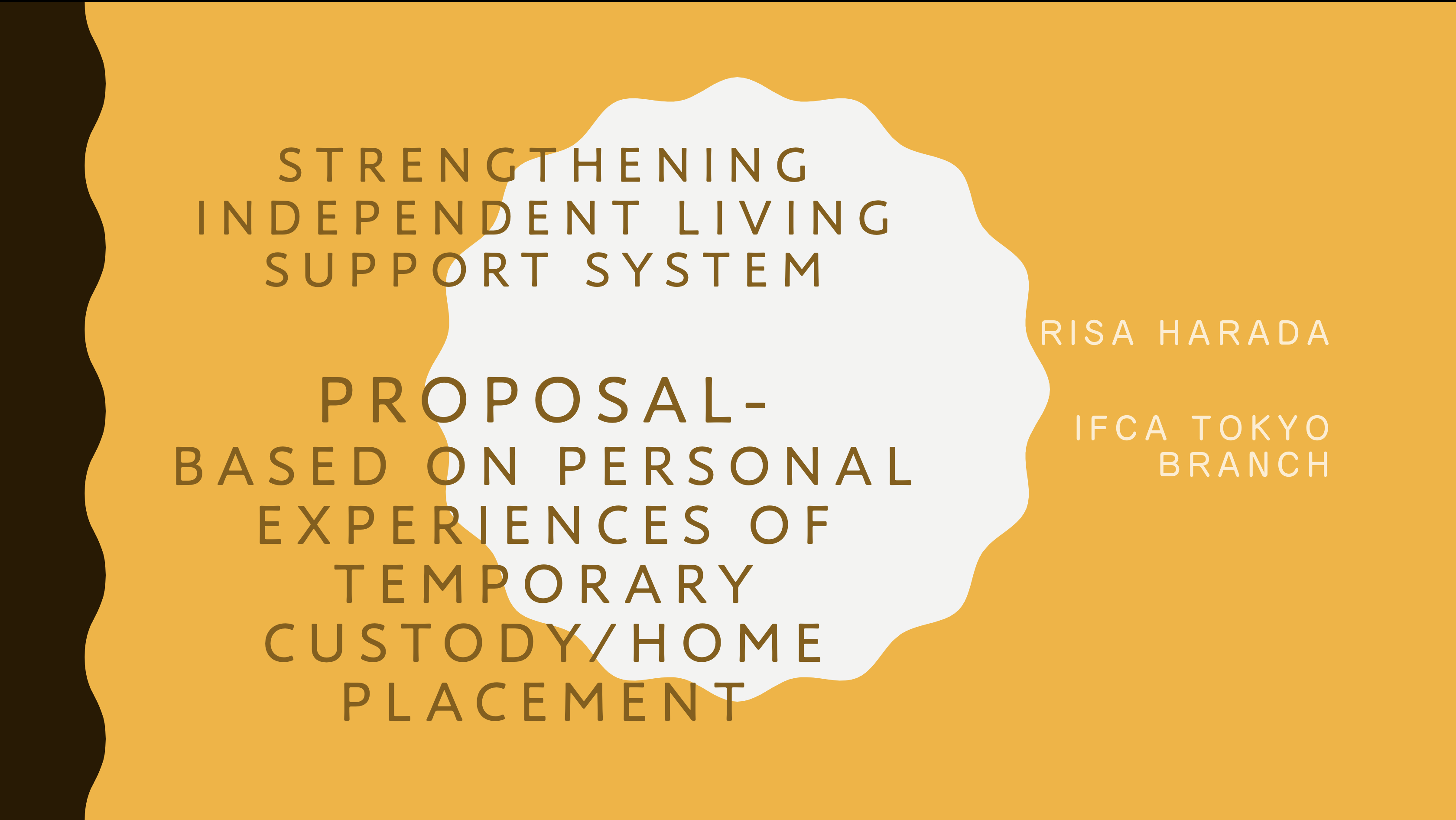Janice Cole
“Aging out” is a popular term in the foster care world. For US foster youth, it’s something everyone goes through when they either turn 18 or graduate from high school. The term refers to when a foster youth becomes old enough to no longer be in the care of the state. Along with no longer being a dependent of the state, foster youth who age out also no longer receive the supports that coincided with being in foster care – including but not limited to having a foster family, financial support, resources, and help meeting basic needs like shelter, food, and clothes.
I will admit, in high school I was excited at the prospect of aging out because it meant finally being able to make my own decisions concerning my life. Until this point, the State (in the form of social workers I barely knew) told me where to live, who my family was, what school to go to, if I could leave the country, if I could have a drivers license, etc etc. I was ready to take control of my life and make it my own. However, as my high school graduation day crept closer, the empowerment I felt about my transition into adulthood was replaced with fear. I realized the negative aspects of aging out – the removal of the few resources I had had at my disposal during my time in care. I realized I was not ready to become an adult, not because I wasn’t mature enough or because I lacked a plan, but because I lacked all resources to fulfill my dreams of going to college. In order to have somewhere to live over the summer, I opted to enroll in Foster Care to 21, a program in Washington State that allows foster youth to elect to remain in foster care until their twenty-first birthday, rather than their eighteenth. This allowed my sister the financial means to “take care” of me until I went to college in the fall.
While Foster Care to 21 helped me with my summer living arrangements and with medical insurance, I encountered more difficulties after I moved into my college dorm. There was an issue with my financial aid, and I ended up not having it dispersed until halfway through the first month of college. This meant that there was nearly a month between moving into my dorm and receiving my aid that I had no money. Without my financial aid, I had no meal plan at my college, and thus no food. I survived that month with only a few dollars in my bank account (I spent everything I had saved over the summer on my textbooks), a loaf of bread, a jar of peanut butter, a box of cup noodles and the kindness of my dorm roommate.
The most frustrating thing about my college transition and that month is that in hindsight, I realize that I actually did have resources at my disposal that could have saved me from that situation. My issue was that I was simply not informed of what those resources were. If I could go back and change one thing about my transition into adulthood, it would be that my caseworker would have sat me down and taught me about things like emergency assistance and on campus supports for foster youth. I am the type of person who is very self reliant and resourceful, and often I think people assume that because I “have it together”, I don’t need help. This couldn’t be further from true, and certainly not true at that time in my life.








Leave a Reply